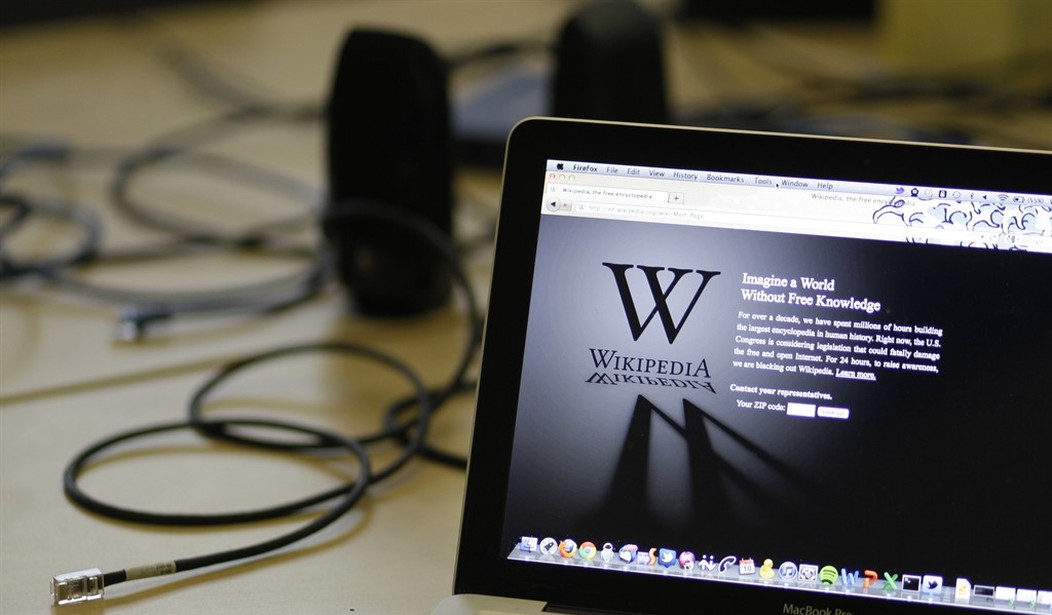Iran's oppressive internet policies, often labeled as among the most restrictive in the world, extend far beyond the boundaries of its borders, reaching into the global realm of information sharing and manipulation. This concerted effort to control the flow of information is evident in Iran's systematic blocking of virtual private networks (VPNs), essential tools for accessing uncensored content and circumventing the regime's extensive surveillance apparatus.
Tehran's "cyber patrol," a powerful tool in the regime's censorship arsenal, relentlessly monitors internet usage, meticulously scrutinizing every online activity. This intrusive monitoring system extends to blocking access to Western media, social networks, and a plethora of online content deemed critical of the regime or potentially challenging its authority.
Iran's initial proposal to establish a state-controlled intranet to create a self-contained online ecosystem proved to be largely unfeasible, as the interconnected nature of the internet defied attempts at isolation.
In light of this realization, Iran has shifted its focus to directly influencing and manipulating information on global platforms, particularly Wikipedia, the renowned online encyclopedia. This strategy is evident in the 2018 conference organized by Iran's Ministry of Culture and Islamic Guidance, titled "Exploring the Utilization of Wikipedia Strategies in Communication."
The conference participants, including prominent editors of Wikipedia's Farsi-language site, openly discussed the prospect of bringing the entire Wikipedia content under the ministry's direct oversight. They characterized independent edits as "attacks" and proposed measures to protect the regime's preferred narrative by locking or otherwise restricting revisions made by non-state-sanctioned administrators.
This concerted effort to control Wikipedia's content extends beyond the Persian-language platform. Iranian state-backed editors have infiltrated English-language Wikipedia articles, systematically removing references to human rights violations committed by Iranian officials, promoting a favorable image of the regime, and at the same time vilifying the Mujahedin-e Khaq (MEK/PMOI)– the country’s leading pro-democracy opposition group and the longtime target of an underlying disinformation campaign. This campaign of disinformation has become increasingly sophisticated, mirroring the evolution of Iran's state-sponsored hacking operations.
Recommended
Whereas many earlier edits plainly violated Wikipedia’s guidelines, more recent content manipulation demonstrates a familiarity with those guidelines and an effort to skirt the edges of the rules and game the system. For example, over the past six months alone, there have been dozens of edits removing vast amounts of information from the Wikipedia article on the MEK.
Each of these edits was accompanied by a superficially valid rationale, but when viewed as a collective whole, it is quite evident that these changes are intended to downplay the history of human rights abuses committed against the group by the Iranian regime and its allies. The ideological motives are even more apparent when one traces the same editors’ activities across the site and finds that they have also published or contributed to articles promoting propaganda against the West, as well as attaching fabricated captions to images on Wikimedia Commons.
This latter practice is a clear violation of Wikipedia’s policies and has been brought to the attention of Wikipedia administrations, alongside the broader evidence of manipulation, both directly and through vandalism notices on Wikipedia whiteboards. Unfortunately, following the initial wave of account suspensions for clumsier and more transparently biased edits, the administrators have taken little to no action against those who remain active in Iranian state-backed editorial networks, reports the Times after examining dozens of examples of such edits and ignoring complaints.
That threatens to set a dangerous precedent, effectively encouraging other authoritarian governments. The proliferation of these coordinated efforts, in turn, undermines articles in English Wikipedia about the opposition movement, and the ongoing situation of human rights in that country, and threatens the basic credibility of a resource that has always relied upon consensus and decentralized moderation as a guarantor of its accuracy.
The emerging Wikipedia problem highlighted in the MEK case also speaks to a much larger problem that must be addressed in tandem by major websites, international media outlets, and democratic governments throughout the world. With a handful of online resources becoming the go-to information sources for an ever-larger segment of the global population, the prospect of manipulating those sites is ever more enticing to entities like the Iranian regime, which have already sought to exert so much control over cyberspace in their own territory.
Typical justifications by organizations like Wikipedia, placing the blame on editors, is irresponsible, and will only further discredit the online encyclopedia. Policies must be implemented, both by Wikipedia and at the government level, to identify and counter systematic disinformation before it can take root. The longer Iran's network of Wikipedia editors is allowed to operate without repercussions, the more difficult it will become to eradicate the false claims they have spread or to restore the truths they have suppressed. As the old adage goes, "A lie gets halfway around the world while the truth is still putting on its shoes."
























Join the conversation as a VIP Member